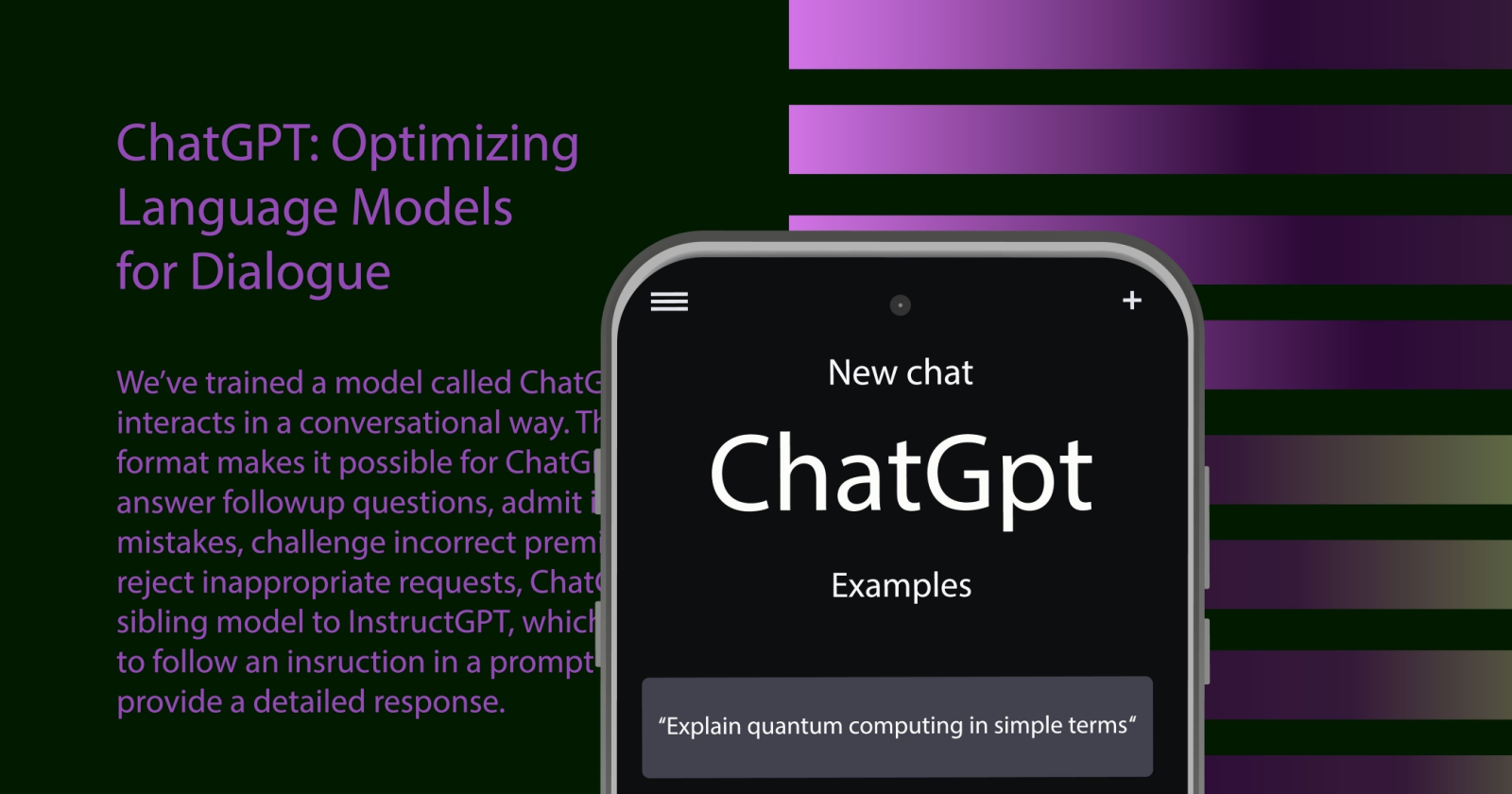OpenAI, the artificial intelligence (AI) research organization behind the popular language model ChatGPT, has announced a new set of features to give users more control over their data and enhance their privacy when using the platform.
Privacy Concerns Addressed With New Chat History Feature
One of the major updates is the ability to turn off chat history in ChatGPT.
This feature allows users to converse with the AI model without these interactions being used to train and improve future model versions.
Previously, conversations with ChatGPT were stored and could be utilized for training purposes.
With the new update, users now have the option to disable chat history in ChatGPT’s settings, which prevents the retention and utilization of conversations for model training.
OpenAI’s announcement states:
“Conversations that are started when chat history is disabled won’t be used to train and improve our models, and won’t appear in the history sidebar.”
OpenAI hopes that this feature will provide an easier way for users to manage their data than the existing opt-out process.
While chat history can be disabled, OpenAI noted that new conversations will remain for 30 days but only for monitoring for abuse.
After 30 days, these conversations will be permanently deleted.
This feature can be likened to using Google in Incognito mode, where your searching and browsing activity isn’t stored or tracked.
Just as Google Chrome’s Incognito mode ensures that a user’s browsing history is not retained, ChatGPT’s chat history disabling feature prevents the retention and utilization of user conversations for model training purposes.
Both features offer privacy and security to users who may not want their activities, searches, or interactions to be recorded.
ChatGPT Business Subscription In Development
In addition to the chat history feature, OpenAI is working on a new ChatGPT Business subscription that targets professionals and enterprises seeking more control over their data.
ChatGPT Business will follow OpenAI’s API data usage policies, which means that, by default, end users’ data will not be used to train the AI models.
The ChatGPT Business subscription is expected to be available in the coming months.
Easier Data Export
To further empower users in understanding and managing their data, OpenAI is introducing an export option in the ChatGPT settings.
This feature allows users to export their ChatGPT data and receive a file with their conversations and other relevant data via email.
Conclusion
OpenAI’s announcement comes as data privacy concerns continue to rise among users of AI and machine learning platforms.
The enhanced privacy controls for ChatGPT users aim to address these concerns and give them more control over their data and transparency about how it is used.
Source: OpenAI
Featured Image: nat20/Shutterstock
